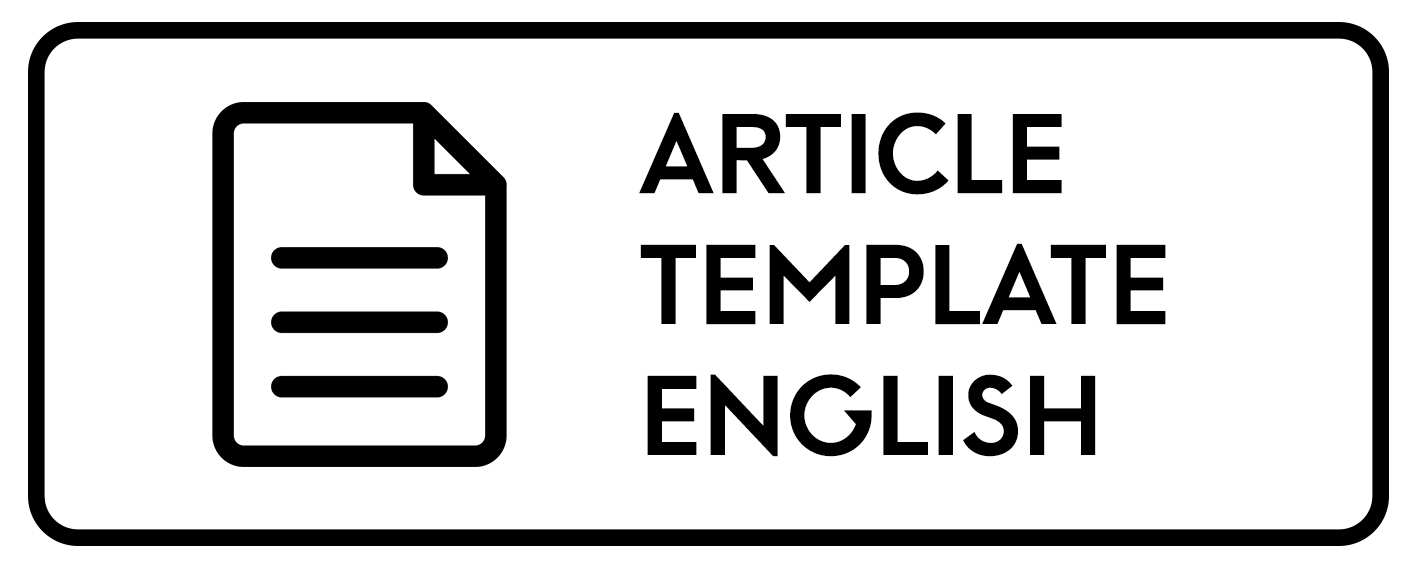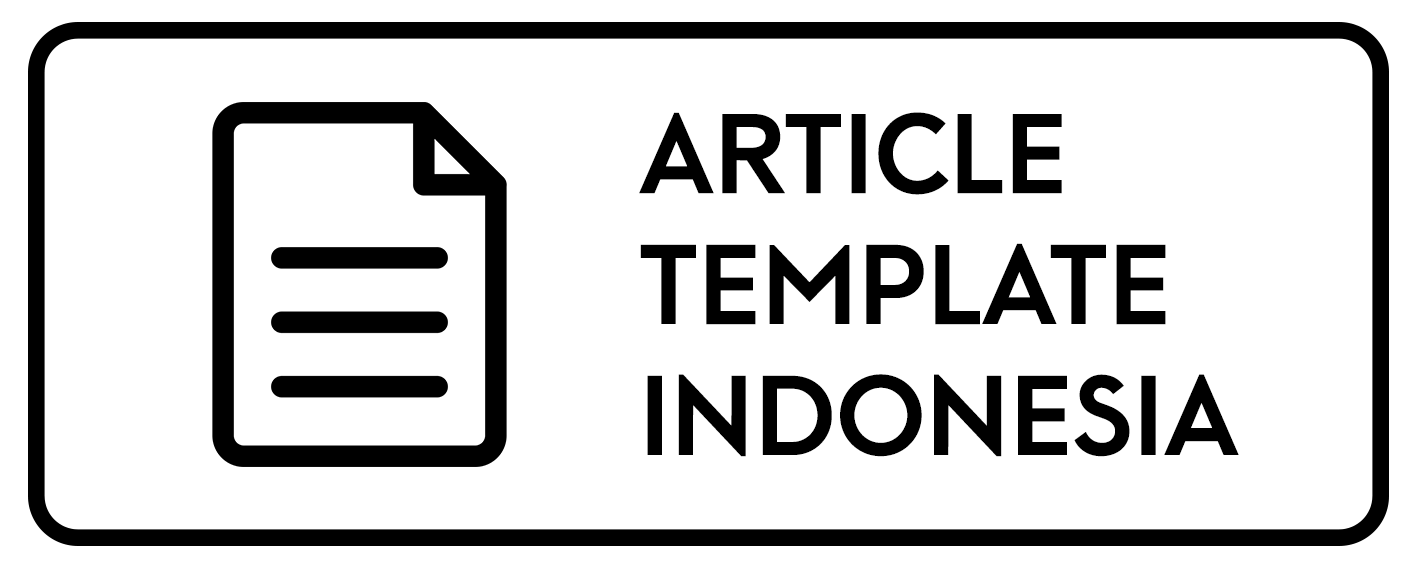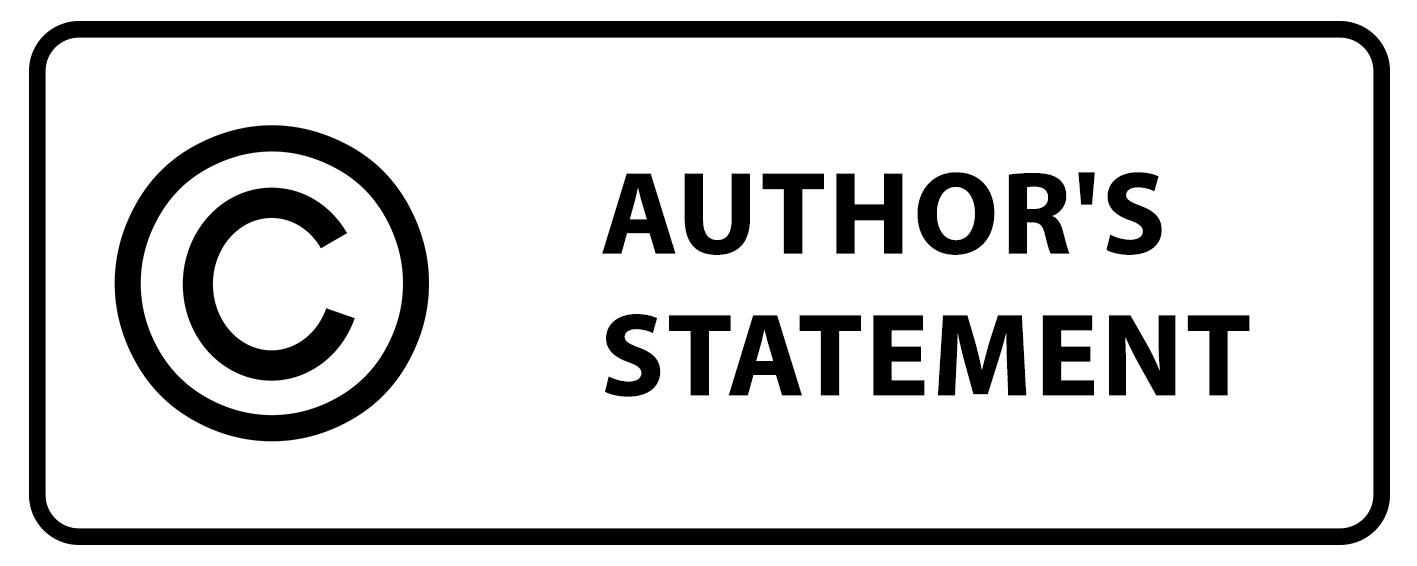Peran Kepala Sekolah sebagai Inovator dalam Meningkatkan Kinerja Guru di SMP Negeri Kota Samarinda: Sebuah Studi Kualitatif
DOI:
https://doi.org/10.30872/jimpian.v4i2.4312Keywords:
peran kepala sekolah, inovator, kinerja guruAbstract
Penelitian ini bertujuan untuk menganalisis peran kepala sekolah sebagai inovator dalam meningkatkan kinerja guru di tiga Sekolah Menengah Pertama Negeri di Kota Samarinda. Dengan pendekatan kualitatif deskriptif, penelitian ini mengeksplorasi strategi inovatif yang diterapkan oleh kepala sekolah. Data dikumpulkan melalui wawancara mendalam dengan tiga kepala sekolah dan lima belas guru, serta observasi dan dokumentasi. Proses analisis data meliputi reduksi data, tampilan data, dan penarikan kesimpulan. Kreativitas kepala sekolah mendorong terciptanya inovasi pembelajaran dan pemanfaatan teknologi, sedangkan pendekatan integratif memperkuat kerja sama antar elemen sekolah untuk mencapai tujuan pendidikan. Keteladanan yang ditunjukkan kepala sekolah menjadi motivasi bagi guru untuk meningkatkan profesionalisme dan berinovasi dalam proses pembelajaran. Temuan ini menegaskan bahwa kepemimpinan kepala sekolah yang transformasional mampu menciptakan lingkungan kerja yang kolaboratif, adaptif, dan inovatif, sehingga berkontribusi signifikan terhadap peningkatan kualitas pendidikan di sekolah. Penelitian ini memberikan wawasan praktis bagi pengembangan strategi kepemimpinan sekolah di Indonesia.
Downloads
References
Acton, K. S. (2021). School leaders as change agents: Do principals have the tools they need? Management in Education, 35(1), 43–51. https://doi.org/10.1177/08920206209274
Adha, E., Murniati, M., & Usman, N. (2023). Principal Leadership in Improving Teacher Discipline at Sigli 3 Public Elementary School and Block Sawah Public Elementary School, Pidie Regency. International Journal of Engineering Business and Social Science, 1(06), 600–615. https://ijebss.ph/index.php/ijebss/article/view/75
Al-Shammari, I., & Al-Ajmi, M. (2024). School principals’ perspectives on applying data-driven decision making DDDM in centralized school settings. The Asia-Pacific Education Researcher, 1–11. https://link.springer.com/article/10.1007/s40299-024-00882-x
Almusawi, H. A., Durugbo, C. M., & Bugawa, A. M. (2021). Innovation in physical education: Teachers’ perspectives on readiness for wearable technology integration. Computers & Education, 167(7), 104185. https://doi.org/10.1016/j.compedu.2021.104185
Amzat, I. H., Yanti, P. G., & Suswandari, S. (2022). Estimating the Effect of Principal Instructional and Distributed Leadership on Professional Development of Teachers in Jakarta, Indonesia. SAGE Open, 12(3), 21582440221109584. https://doi.org/10.1177/21582440221109585
Ariyani, D., & Zuhaery, M. (2021). Principal’s Innovation and Entrepreneurial Leadership to Establish a Positive Learning Environment. European Journal of Educational Research, 10(1), 63–74. https://www.eu-jer.com/principals-innovation-and-entrepreneurial-leadership-to-establish-a-positive-learning-environment
Bass, B. M. (1985). Leadership and Performance Beyond Expectations. Free Press.
Burns, J. M. (1978). Leadership. Harper & Row.
Creswell, J. W., & Poth, C. N. (2016). Qualitative Inquiry and Research Design: Choosing Among Five Approaches. Sage Publications.
Denzin, N. K., & Lincoln, Y. S. (2011). The sage handbook of qualitative research. SAGE Publications.
Dwiyono, Y., Warman, W., Kurniawan, D., Susastra, A. A. B. S. A., & Dicky, D. (2022). The Impact of The Principal’s Leadership Style and Academic Supervision on Teacher Performance. EDUTEC: Journal of Education And Technology, 6(2), 534–555. https://ejournal.ijshs.org/index.php/edu/article/view/514
Elomaa, M., Eskelä-Haapanen, S., Pakarinen, E., Halttunen, L., & Lerkkanen, M.-K. (2023). Work-related stress of elementary school principals in Finland: Coping strategies and support. Educational Management Administration & Leadership, 51(4), 868–888. https://doi.org/10.1177/1741143221101031
Glickman, C., & Burns, R. W. (2020). Leadership for Learning: How to Bring Out the Best in Every Teacher (2 ed.). ASCD.
Gulzar, M. A., Ahmad, M., Hassan, M., & Rasheed, M. I. (2022). How social media use is related to student engagement and creativity: investigating through the lens of intrinsic motivation. Behaviour & Information Technology, 41(11), 2283–2293. https://doi.org/10.1080/0144929X.2021.1917660
Gunnþórsdóttir, H., Sverrisdóttir, A. B., Þrastardóttir, B., Óskarsdóttir, E., & Ragnarsdóttir, H. (2024). The role of school leaders in developing inclusive practices in Icelandic compulsory schools. European Journal of Special Needs Education, 39(5), 1–18. https://doi.org/10.1080/08856257.2024.2425515
Kilag, O. K., Tokong, C., Enriquez, B., Deiparine, J., Purisima, R., & Zamora, M. (2023). School Leaders: The Extent of Management Empowerment and Its Impact on Teacher and School Effectiveness. Excellencia: International Multi-disciplinary Journal of Education, 1(1), 127–140. https://multijournals.org/index.php/excellencia-imje/article/view/13
Kılınç, A. Ç., Polatcan, M., Savaş, G., & Er, E. (2024). How transformational leadership influences teachers’ commitment and innovative practices: Understanding the moderating role of trust in principal. Educational Management Administration & Leadership, 52(2), 455–474. https://journals.sagepub.com/doi/abs/10.1177/17411432221082803
Lee, A., Legood, A., Hughes, D., Tian, A. W., Newman, A., & Knight, C. (2020). Leadership, creativity and innovation: a meta-analytic review. European Journal of Work and Organizational Psychology, 29(1), 1–35. https://doi.org/10.1080/1359432X.2019.1661837
Lin, Y.-J., & Wang, H. (2021). Using virtual reality to facilitate learners’ creative self-efficacy and intrinsic motivation in an EFL classroom. Education and Information Technologies, 26(4), 4487–4505. https://link.springer.com/article/10.1007/s10639-021-10472-9
LPMP Kalimantan Timur. (2021). Laporan Kinerja LPMP Kalimantan Timur.
Miles, & Huberman, M. (2014). Qualitative Data Analysis: A Methods Sourcebook. Sage Publications.
Muttaqin, S., Azkiyah, S. N., Bills, A., & Bell, M. (2024). Dynamic Capability Framework for Indonesian School Adaptation in Unstable Public Policy Times. Leadership and Policy in Schools, 23(3), 1–20. https://doi.org/10.1080/15700763.2024.2339871
Parlar, H. (2017). Designing an innovative school: Organisational learning, educational leadership and school improvement. Innovation, Governance and Entrepreneurship: How Do They Evolve in Middle Income Countries? New Concepts, Trends and Challenges, 147–173. http://dx.doi.org/10.1007/978-3-319-55926-1_9
Patasaka, R. I., & Park, S. Y.-S. (2024). Performance Analysis of Innovative and Flexible Modern Leadership Towards a Golden Indonesia. Jurnal Bina Praja, 16(1), 127–140. https://doi.org/10.21787/jbp.16.2024.127-140
Rahmadhani, D., Yuliani, R. D., Arruan, A., & Mulawarman, W. G. (2023). Peran Kepemimpinan Kepala Sekolah terhadap Kompetensi Pedagogik Guru Penjasorkes: Studi Kasus Sekolah Menengah Pertama di Kecamatan Tenggarong. Jurnal Ilmu Manajemen dan Pendidikan, 3(SE), 33–40. https://doi.org/10.30872/jimpian.v3iSE.2904
Ritala, P., Baiyere, A., Hughes, M., & Kraus, S. (2021). Digital strategy implementation: The role of individual entrepreneurial orientation and relational capital. Technological Forecasting and Social Change, 171, 120961. https://doi.org/10.1016/j.techfore.2021.120961
Rogers, E. M. (2003). Diffusion of Innovations. Free Press.
Sanusi, I. T., Oyelere, S. S., & Omidiora, J. O. (2022). Exploring teachers’ preconceptions of teaching machine learning in high school: A preliminary insight from Africa. Computers and Education Open, 3, 100072. https://doi.org/10.1016/j.caeo.2021.100072
Sasaki, H., Sari, D. P., Warnaini, C., Andiwijaya, F. R., Takeuchi, R., Kadriyan, H., Shibuya, F., & Kobayashi, J. (2024). Leadership of school principals for school health implementation among primary schools in Mataram, Indonesia: a qualitative study. Tropical Medicine and Health, 52(1), 5. https://doi.org/10.1186/s41182-023-00568-y
Siregar, M. (2024). Analysis of the principal’s position in the implementation of quality management in education. JPPI (Jurnal Penelitian Pendidikan Indonesia), 10(2), 100. https://doi.org/10.29210/020243855
Su, Y. (2024). The Relationship Between Empowering Leadership and Teachers’ Innovation Behavior Among Teachers in International Schools of Beijing City, China. Uniglobal Journal of Social Sciences and Humanities, 3(2), 120–130. https://doi.org/10.53797/ujssh.v3i2.12.2024
Tamrin, H., & Masykuri, A. (2024). Inovasi metode pembelajaran berbasis teknologi dalam meningkatkan motivasi belajar siswa. Journal of Islamic Educational Development, 1(1), 63–72. https://doi.org/10.37567/ijgie.v4i1.1958
Valeria, A. S., & Soledad, C. J. (2022). Reacting to Change within Change: Adaptive Leadership and the Peruvian Response to Venezuelan Immigration. International Migration, 60(1), 57–76. https://doi.org/10.1111/imig.12761
Valerio, E., Hilmiati, N., Stella Thei, R., Safa Barraza, A., & Prior, J. (2024). Innovation for whom? The case of women in cattle farming in Nusa Tenggara Barat, Indonesia. Journal of Rural Studies, 106(2), 1–14. https://doi.org/10.1016/j.jrurstud.2024.103198
Warman, W., Kadori, K., & Lorensius, L. (2024). Eksplorasi Kepemimpinan Kepala Sekolah Berbasis Servant Leadership dalam Membangun Budaya Positif di Lingkungan Sekolah. Pendas: Jurnal Ilmiah Pendidikan Dasar, 9(1), 1359–1371. https://doi.org/10.23969/jp.v9i1.12547
Werang, B. R., Agung, A. A. G., Jampel, I. N., Sujana, I. W., & Asaloei, S. I. (2023). Exploring the outside-the-box leadership of an Indonesian school principal: A qualitative case study. Cogent Education, 10(2), 2255091. https://doi.org/10.1080/2331186X.2023.2255091
Wijaya, M. H., Khoir, A., & Zaini, A. W. (2022). Fostering Public Trust: The Transformative Leadership of School Principals. Indonesian Journal of Education and Social Studies, 1(1), 51–62. https://ejournal.unuja.ac.id/index.php/IJESS/article/view/3475
Wu, H., & Shen, J. (2022). The association between principal leadership and student achievement: A multivariate meta-meta-analysis. Educational Research Review, 35(2), 1–14. https://doi.org/10.1016/j.edurev.2021.100423
Downloads
Published
How to Cite
Issue
Section
License
Copyright (c) 2024 Warman Warman, Azainil Azainil, Jamilah Jamilah, Lorensius Lorensius

This work is licensed under a Creative Commons Attribution-ShareAlike 4.0 International License.
|
|
Every work in Jurnal Ilmu Manajemen dan Pendidikan is licensed under a Creative Commons Attribution-ShareAlike 4.0 International License.
Under the following terms:
- Attribution — You must give appropriate credit , provide a link to the license, and indicate if changes were made . You may do so in any reasonable manner, but not in any way that suggests the licensor endorses you or your use.
- ShareAlike — If you remix, transform, or build upon the material, you must distribute your contributions under the same license as the original.
- No additional restrictions — You may not apply legal terms or technological measures that legally restrict others from doing anything the license permits.
Authors who publish with this journal agree to the following terms:
- Authors retain copyright and grant the journal right of first publication with the work simultaneously licensed under a CC BY-SA 4.0 DEED Attribution-ShareAlike 4.0 International that allows others to share the work with an acknowledgment of the work's authorship and initial publication in this journal.
- Authors are able to enter into separate, additional contractual arrangements for the non-exclusive distribution of the journal's published version of the work (e.g., post it to an institutional repository or publish it in a book), with an acknowledgment of its initial publication in this journal.
- Authors are permitted and encouraged to post their work online (e.g., in institutional repositories or on their website) prior to and during the submission process, as it can lead to productive exchanges, as well as earlier and greater citation of published work.













